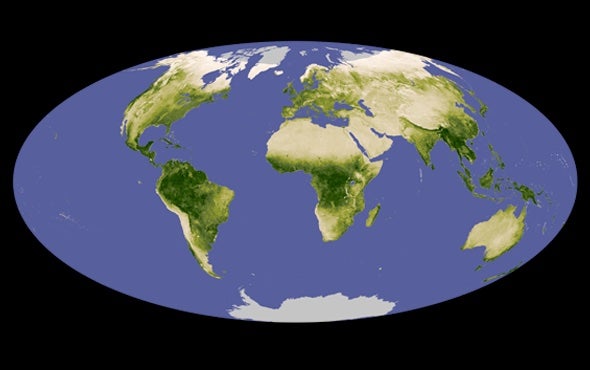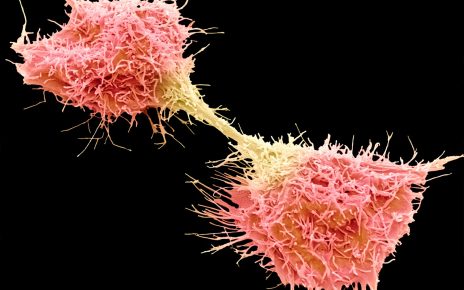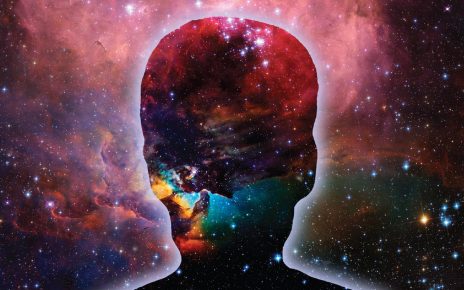
GUATEMALA
Scientists fired lasers from an airplane to map nearly 1,000 ancient Maya settlements underneath the rain-forest canopy. The technique revealed pyramids, reservoirs and canals, laying bare the stunning breadth and interconnectivity of the civilization around the millennia-old city of El Mirador.
INDIA
Geologists discovered 92 fossilized nests filled with 256 titanosaur eggs—one of the largest dinosaur hatcheries ever found, researchers say. Six species of these massive, long-necked herbivores laid eggs there, indicating more diversity than expected. The animals nested close together, like many modern-day birds do.
JAPAN
In an unlikely partnership, Japan’s rare Amami rabbit has a mutually beneficial arrangement with a parasitic plant that sucks energy from others’ roots. Scientists found that very few other animals will gobble up the plant’s dry and unappealing fruits and disperse its seeds.
SIBERIA
The first humans arrived in the Americas from northeastern Asia, but Native American DNA found in ancient Siberians’ genomes suggests it wasn’t a one-way trip. Indigenous Americans most likely traveled via boat to Siberia multiple times, including as recently as 1,500 years ago.
SINGAPORE
Like dogs breeding with wolves, chickens sometimes mate with their undomesticated cousins. New research suggests chicken DNA is supplanting wild genomes of local red junglefowl. This endangers the latter’s genetic diversity and potentially its ability to adapt to disease.
U.S.
The Food and Drug Administration will no longer require new drugs to be tested on animals. Developers can use alternative methods, such as simulating human tissues with high-tech chips, to prove a drug is safe to test in humans.
For more details, visit www.ScientificAmerican.com/apr2023/advances


-464x290.jpg)
